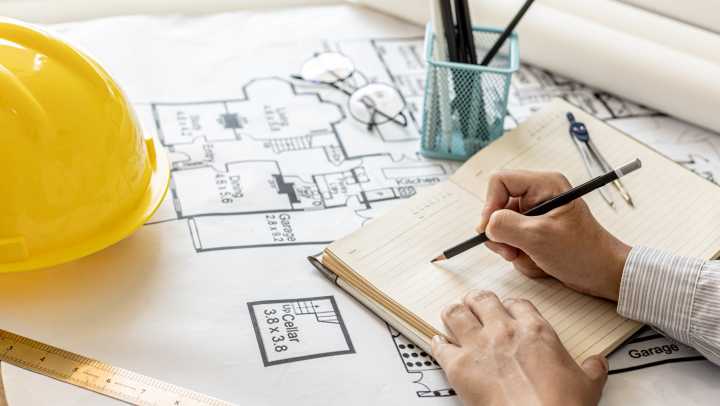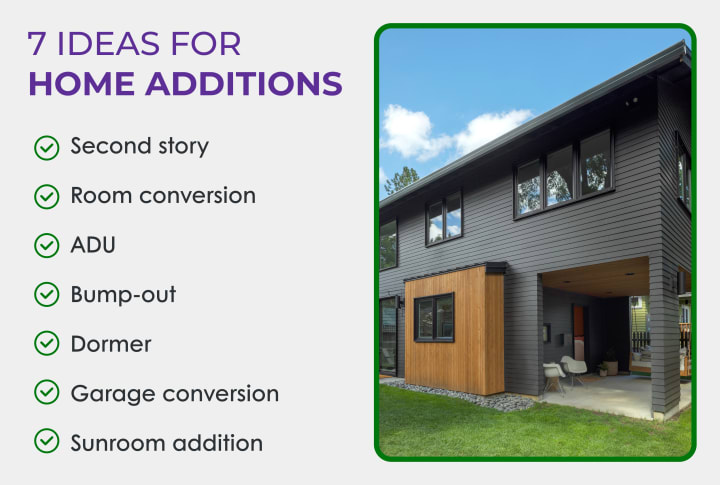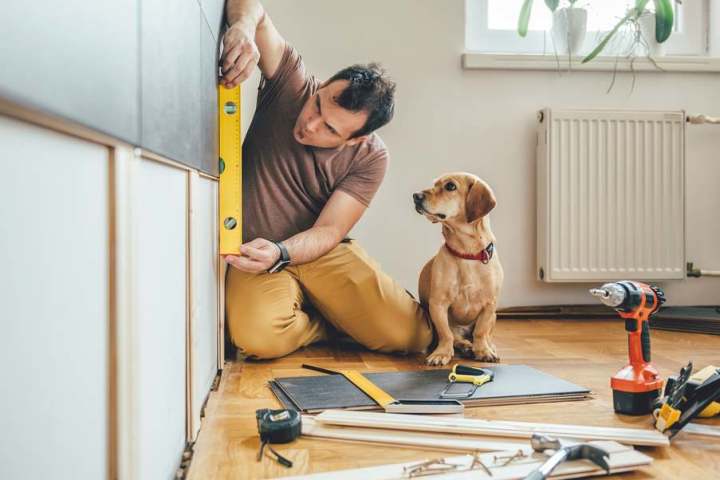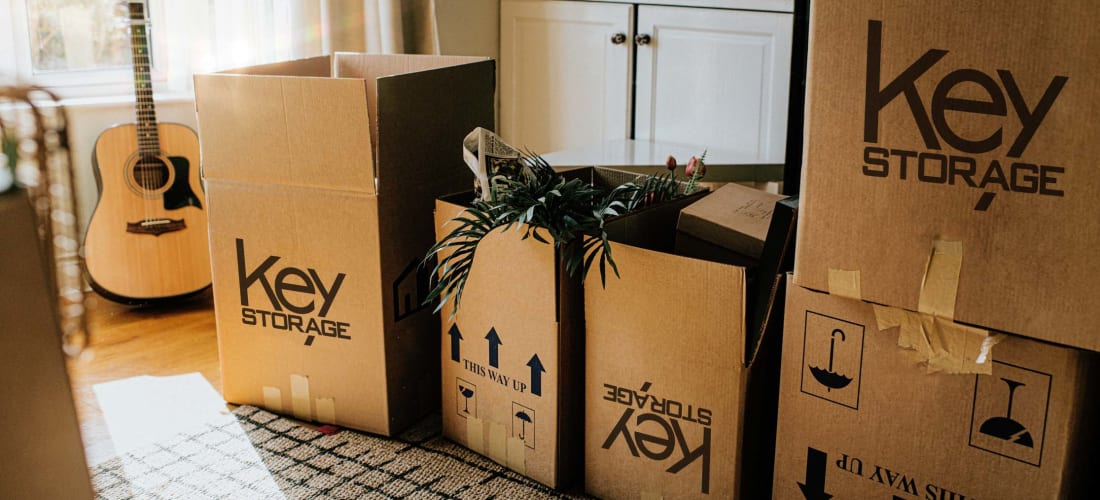The Ultimate Guide to Home Additions: 7 Home Addition Ideas
Home additions are a great way to enhance your living space, boost your home's value, and better accommodate your family's needs. Whether you're looking to add more room for a growing family, create a luxurious retreat, or simply increase your home's functionality, a well-planned addition can make a significant difference.
Homeowners often find that expanding their existing home is a more economical and less disruptive alternative to moving. Integrating a thoughtful design can seamlessly blend the new space with the old, creating a cohesive and enhanced living environment.
From adding a sunroom that invites natural light to building an extra bedroom or a home office, the possibilities for home additions are endless. By exploring different ideas and planning, you can ensure that your home addition meets your current needs and enhances your home's appeal and market value. Keep reading to explore creative and functional home addition ideas that cater to various lifestyles and preferences.
What Is a Home Addition?
Pros & Cons of Home Additions
Home Addition Ideas
How to Choose the Right Home Addition
Home Additions: FAQs
Should You Invest In Home Additions?
What Is a Home Addition?
Home additions are construction projects that expand the existing structure of a house to create additional living space. This can mean anything from adding an extra room or floor to extending the kitchen or building a detached addition like a guest house. Home additions enhance a property's functionality, comfort, and value, accommodating homeowners' needs without moving.
Pros & Cons of Home Additions
Home additions can transform your living space but come with challenges and potential disadvantages. Understanding the pros and cons of home additions can help you decide whether adding to your home is the right option for you and your family.
Pros of home additions
The benefits of home additions include:
Increased living space: Whether it's an extra bedroom for a growing family, a home office for remote work, or a spacious kitchen for culinary enthusiasts, more space can greatly improve comfort and functionality.
Enhanced home value: Home additions can boost the market value of your property. Adding square footage, especially in desirable spaces like bathrooms, bedrooms, or modern kitchens, can make your home more attractive to potential buyers.
Customization: Home addition ideas let you tailor your home to match your lifestyle and preferences. This may include built-in storage solutions or specialized rooms like a home gym or playroom.
Avoid the hassle of moving: Instead of dealing with the stress of selling your current property and buying a new house, a home addition lets you stay in your current neighborhood and community while still getting the additional space you need.
Potential for additional income: Certain types of additions, such as accessory dwelling units (ADUs) or basement apartments, can be rented out to generate extra income. This can help offset the costs of the addition and provide a steady revenue stream.
Cons of home additions
The potential downsides of adding to your home are:
High initial costs: Home additions can be expensive, requiring a significant upfront investment. Costs can include architectural design, permits, construction materials, and labor. You should have a clear budget and be prepared for potential cost overruns.
Construction disruption: The construction process can be disruptive to daily life. Noise, dust, and the presence of workers can create an inconvenient living situation for the duration of the project. Some homeowners might even need to temporarily relocate.
Complex planning and permitting: Adding to your home includes understanding zoning laws and building codes and obtaining the necessary approvals from local authorities, which can be time-consuming and potentially frustrating.
Potential over-improvement: There's a risk of over-improving your home, where the cost of the addition exceeds the potential increase in property value. This can be problematic if similar homes in your area don't support higher selling prices, limiting your return on investment.
Home Addition Ideas
Expanding your home can open up numerous possibilities for increased comfort, functionality, and aesthetic appeal. Whether you're looking to add significant square footage or optimize existing spaces, there are many home addition ideas to consider. Here are some of the best ideas for home additions that can cater to various needs and help you make the most out of your home.
Second-story addition
A second-story addition is one of the best room addition ideas for small homes because it doubles your living space without expanding your home's footprint. This is particularly beneficial in urban areas or small lots where horizontal expansion isn't feasible. A second story can incorporate additional bedrooms, bathrooms, a home office, and even a second living room. This addition can significantly increase your home's value and provide ample space for a growing family.
Room conversion
A room conversion allows you to repurpose an existing space, such as a basement, attic, or garage, into a functional room. Attic storage can become cozy bedrooms or home offices, basements can be transformed into family rooms or entertainment areas, and garages can serve as guest suites or hobby rooms. Room conversions make efficient use of space without the need for extensive construction.
ADU addition
Accessory dwelling units are becoming increasingly popular because they offer versatile living solutions. An ADU can be a standalone structure or an attachment to your existing home, providing an independent living space with a kitchen, bathroom, and sleeping area. These units are ideal for housing elderly parents, adult children, or renters. ADUs add value to your property and can generate rental income, making them a wise investment.
Bump-out addition
A bump-out addition is a small addition that gives you extra square footage in a particular room. This is a great option if you need a bit more space in areas like the kitchen, bathroom, or living room. For instance, if you want to improve mudroom organization, add a few additional square feet.
Bump-outs can enhance functionality, create more storage, and improve the overall layout of your home. They're relatively cost-effective and can be completed more quickly than larger projects.
Dormer addition
Dormer additions are an excellent way to add headroom and natural light to upper floors, particularly in attics or loft spaces. By extending the roof, dormers create more usable space and can transform cramped, dark areas into bright and airy rooms. They can be designed in various styles to match your home's architecture and can be used to create extra bedrooms, bathrooms, or office spaces.
Garage conversion
Converting your garage into a usable space is a cost-effective way to add square footage without building an entirely new structure. Garage conversions can serve multiple purposes, such as a guest suite, home gym, playroom, or studio. With proper insulation, flooring, and lighting, garages can be transformed into comfortable and functional rooms that blend seamlessly with the rest of your home.
Sunroom addition
A sunroom addition brings the outdoors in, providing a bright, airy space to enjoy year-round. Sunrooms can serve as relaxing lounges, dining areas, or home offices. Creating a unique and versatile living space adds aesthetic appeal and can increase your home's value.
How to Choose the Right Home Addition
So, what's the right home addition for you and your existing property? Here are a few factors to consider to ensure the new space meets your needs, complements your existing home, and adds value to your property:
Purpose and functionality: Consider the primary purpose of the addition and consider how it will be used on a daily basis.
Budget: Establish a clear budget for the project, including a buffer for unexpected expenses. Compare the costs of different types of additions and prioritize features that are most important to you.
Space and layout: Assess the available space on your property and how the addition will fit within it. Consider the layout of your existing home and how the new addition will integrate with the current design.
Zoning and permits: Check local zoning laws and building codes to determine what types of additions are allowed on your property. Obtain all the necessary permits and approvals before beginning construction.
Resale value: Consider how the addition will impact the resale value of your home. Focus on additions that are likely to appeal to future buyers and add value to your property.
Home Addition: FAQs
Is a home addition worth the investment?
Adding space to your home can improve your quality of life by providing more room for your family, creating dedicated areas for specific activities, enhancing the overall functionality of your home, and allowing you to better organize a room with too much stuff.
Additions can increase the market value of your property. To maximize the return on your investment, focus on high-demand features and ensure that the addition blends seamlessly with your existing home.
How much does a home addition cost?
The cost of a home addition can vary depending on the size and type of the addition, timelines, and the materials used. On average, home additions cost between $21,000 and $73,500.
Simple room additions or bump-outs are often on the lower end of the cost spectrum. In contrast, more extensive projects like second-story additions or luxury upgrades can be significantly more expensive. To get an accurate estimate, consult with contractors and obtain multiple quotes for your specific project.
What are the best additions for increasing a home's value?
Certain home additions are particularly effective at boosting a property's market value. Here are some of the best home addition ideas for increasing your home's value:
Kitchen remodel: An updated and spacious kitchen is highly desirable to buyers. Consider adding modern appliances, new countertops, and ample storage.
Bathroom addition: Adding an extra bathroom, especially a master suite, can significantly enhance your home's appeal and value.
Second-story addition: Expanding upwards to add more bedrooms and living space can dramatically increase your home's square footage and value.
Finished basement: Turning an unfinished basement into a living area, bedroom, or entertainment space can provide additional usable space and attract buyers.
Sunroom addition: A sunroom can add charm and additional living space, making your home more attractive.
Deck or patio: Adding a deck or patio can expand your entertaining space and boost your home's value.
Should You Invest in Home Additions?
Home additions can be a smart decision offering immediate and long-term benefits. By thoughtfully expanding your home, you can create a more comfortable and functional living space tailored to your family's needs. Unfortunately, home additions can be expensive and may not be the right option for every home and family.
So, how can you improve your home's functionality without spending big bucks on home additions? Better storage. From shed organization to living room storage options, effective storage can maximize your existing space and keep your home organized.
Key Storage offers a variety of storage options to help you find the right size and features to protect your belongings. Whether you need a drive-up storage unit or climate-controlled storage, we have you covered. Browse our available units today.




